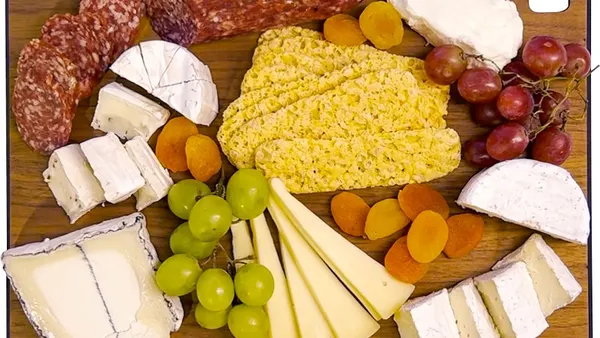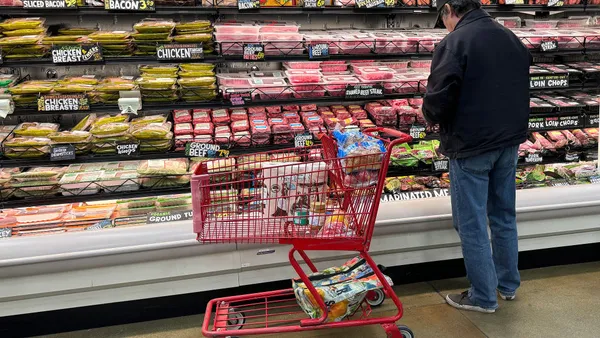Dive Brief:
- A recent report funded by the American Bakers Association and conducted by the Center for Generational Kinetics revealed that 78% of millennial and Generation Z consumers include carbohydrates in their regular diet, with 73% buying bread and 63% purchasing a sweet baked good in the previous week.
- However, 53% of Gen Z consumers and 48% of millennials buy or eat fewer baked goods than they did a year ago, the report found. It's not from a desire to avoid carbs, since 75% of these younger consumers aren't deterred from consuming baked goods for that reason. Younger consumers are concerned with food waste; 75% don't like wasting bread, and more than 20% won't buy a new loaf after throwing an unused one away.
- The survey also found that these younger generations are influenced by a company's values. About 48% said they would try a product if the ingredients were responsibly sourced.
Dive Insight:
Although this report shows that millennial and Gen Z consumers are still eating baked goods — including sweet baked goods, tortillas, rolls, crackers, baked bars, bagels and flatbreads — downward trends in purchasing understandably worry the baking industry, which wanted to find out what motivates these two generations.
ABA President and CEO Robb MacKie said in a release on the study that answers are there. More than half of the millennial and Gen Z consumers said they would purchase additional baked goods if they were offered in smaller portions, he said. It could make sense for more baked good and bread makers to make their products smaller or offer fewer items in a package to attract younger consumers.
The report also found "whole grains," "freshness" and "natural ingredients" are the most influential descriptors for millennial and Gen Z consumers. Additionally, 58% of these groups would like baked goods in meal kits, 38% would try a company's baked goods if they used responsibly sourced ingredients, and one-third would purchase more baked goods if they could taste them first.
These report results could encourage baked goods manufacturers and retail stores to focus more on whole grains and sustainably sourced items and offer more tasting opportunities to potential customers.
Baked goods makers and stores could also draw attention to how they're reducing waste in their operations, since it's a concern for all generations. Using the report's findings to tangibly respond to how and why millennials and Gen Zers buy and consume baked goods might be the best way to encourage and maintain those weekly habits they already have.









